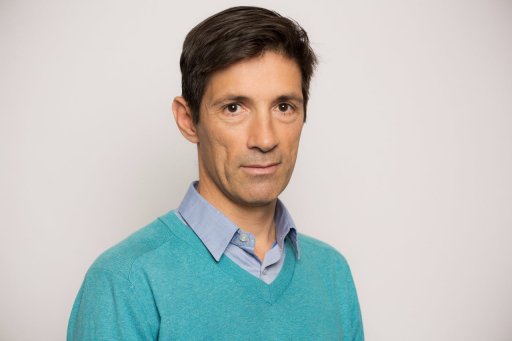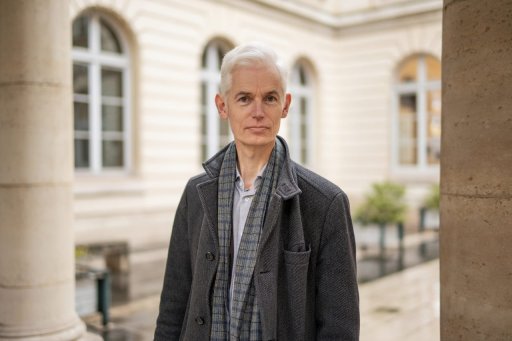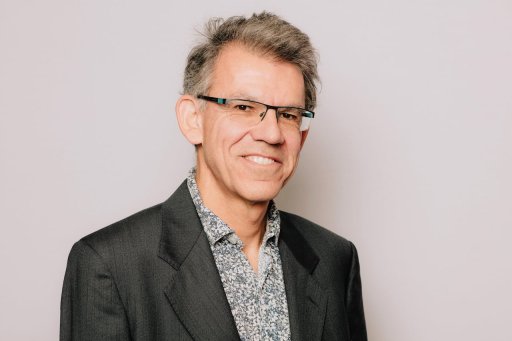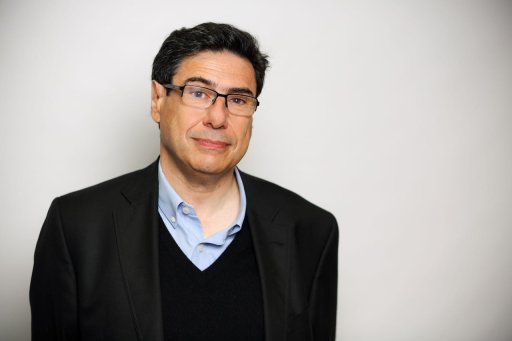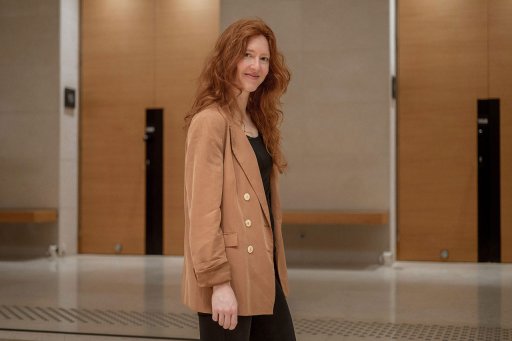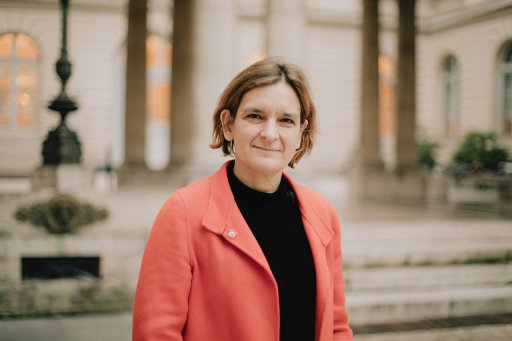Arsène d'Arsonval (1851-1941)
Henri Bergson (1859-1941)
The last few weeks have been heavy for us, and in the space of eight days we have lost two of our most eminent colleagues, both honorary professors: Arsène d'Arsonval and Henri Bergson.
They are both too illustrious to need reminding of the importance of their work and the extent of the loss to French thought: despite their age, they retained all their strength of mind, as the latest manifestations of their activity have sufficiently demonstrated. But, in the unanimous mourning of all those who followed their work, ours is particularly keen, perhaps because there is a hint of egotism. We didn't just admire them: we loved them. And part of our affection was a debt of gratitude for the great honor their presence did to our house, and for the deep attachment they never ceased to show to it.
It's fair to say that d'Arsonval's entire scientific life was spent at the Collège de France, where he entered in 1874, at the age of 23, as Claude Bernard's preparator, where he was a substitute for 12 years from 1882, where he succeeded Brown-Séquard in the chair of medicine in 1894, where he was vice-president of our assembly from 1908 until his retirement in 1931. Not so many of us remember his cordial, benevolent welcome, his quiet, smiling simplicity, his sincere kindness to the younger members of the family, his frank boldness, which was in no way hindered by the perilous balance of his binoculars, his youthful air when, arriving from Nogent, he came to shake your hand as you got out of his noisy yellow automobile, which looked like a museum piece because it had been a car from the early days. The last letters I received from him were six months ago: they were written from La Borie, in the Haute-Vienne, where he died on December 31, faithful, as always, to the affection with which he treated us.
Henri Bergson died on January 4. I did not inform you at the time, to respect his wishes and those of his daughter. He was in Paris. I was at the funeral, on January 6, as was our colleague M. Edouard Le Roy. The Head of State and the Secretary of Public Instruction were represented. After 20 years in secondary education, Bergson was appointed Professor at the Collège de France in 1900, where he first held the Chair of Greek and Latin Philosophy, then, in 1904, the Chair of Modern Philosophy. He retired early in 1920. His lectures at the Collège were a resounding success from the outset. Our archives still contain a whole file on the difficulties created by the large number of visitors to his lectures, who could not find a seat in the old Salle 8, and photographs show groups of people crowding into the south courtyard to listen in at the windows. Complaints and petitions were piling up, the most interesting of which, because they were a sign of the noblest avidity, were those of the students. Even this success, with its attendant burdens, was no stranger to the master's decision to retire prematurely, the better to devote himself to research.
It was not only through his lectures that Bergson exerted a far-reaching influence on the Assembly's councils. His broad and solid knowledge gave him insight into the interests of all branches of science; and here again the archives bear fine testimony. Bergson was not at all demonstrative, but his somewhat reserved courtesy did not prevent his benevolent intentions and firm devotion from manifesting themselves in effect: the Collège, to which he always remained faithful, benefited greatly from this.
You will allow me, my dear colleagues, to have associated two men in the same thank-you. So different from each other in so many ways, they were alike in their love of research and their love of the institution which, for centuries, has had research as its mission. They embodied our ideals and gave us the finest example of what a community of faith can do for the advancement of studies and the good understanding of all those who devote themselves to it with no other concern than to serve well.
Edmond Faral, January 12, 1941, on the occasion of the Teachers' Assembly.







